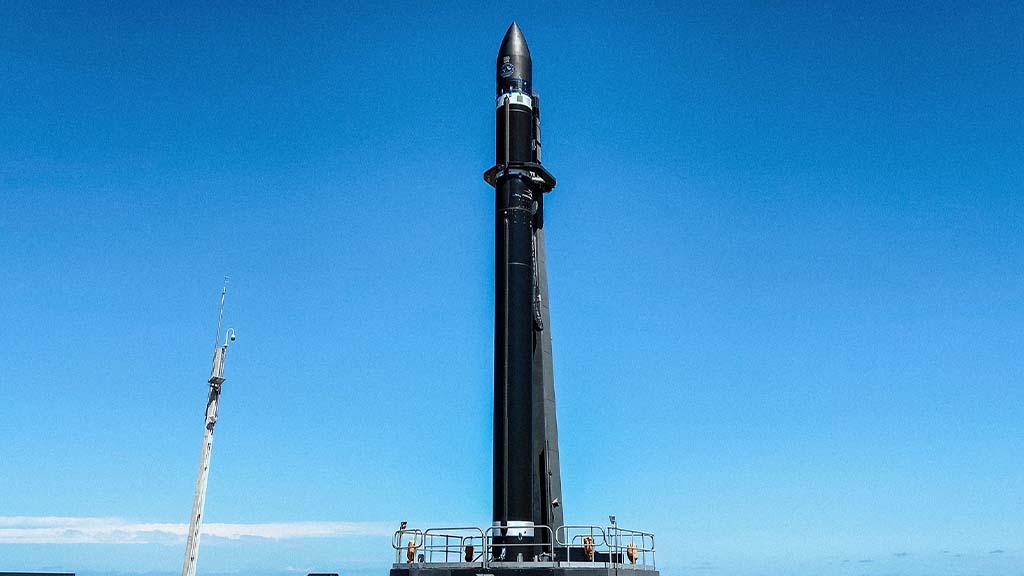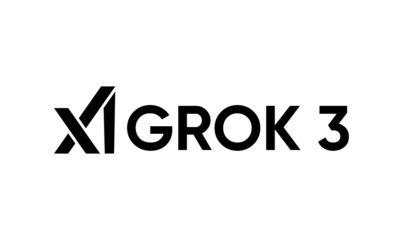Rocket Lab
Rocket Lab won $32 million contract to build and launch TacRS mission

U.S. Space Force Space Systems Command (SSC) awarded a $32 million contract to Rocket Lab to build and launch a Tactically Responsive Space (TacRS) mission.
The contract covers Rocket Lab’s design, build, launch, and operation for a rendezvous proximity operation (RPO) capable spacecraft. The mission is contracted for Rocket Lab National Security, a Rocket Lab subsidiary that provides launch services, spacecraft manufacturing, and space systems capabilities for the U.S. and its allies.
The mission will be an exercise of a realistic threat-response scenario and on-orbit space domain awareness (SDA). The exercise will be performed by Rocket Lab and True Anomaly including building rendezvous and proximity operation (RPO) capable space vehicles and command and control centers. This mission is scheduled to launch in 2025.
We’re proud to be selected by @USSF_SSC to partner on the VICTUS HAZE Tactically Responsive Space Mission.
Combining our launch and space systems capabilities as an integrated solution, the mission will see us design and build a spacecraft, before launching it with just 24… pic.twitter.com/frZm1nuiQk
— Rocket Lab (@RocketLab) April 11, 2024
After development, Rocket Lab will wait for further instructions. Once launched into planned orbit, the spacecraft will be commissioned for operations.
Rocket Lab will configure a Pioneer class spacecraft bus to meet the unique requirements of the VICTUS HAZE mission and launch the spacecraft on an Electron rocket from Launch Complex-1 in Mahia, New Zealand, or Launch Complex 2 in Wallops, VA.
The mission aims to improve TacRS processes and timelines. It will demonstrate the ability to respond to on-orbit threats on very short timelines and validate techniques for space domain awareness (SDA) and on-orbit characterization.
Rocket Lab’s constellation-class production capability and discriminating technical capabilities in the areas of in-space propulsion, precision altitude control, low latency communications, and autonomous operations for this mission.
(source)












